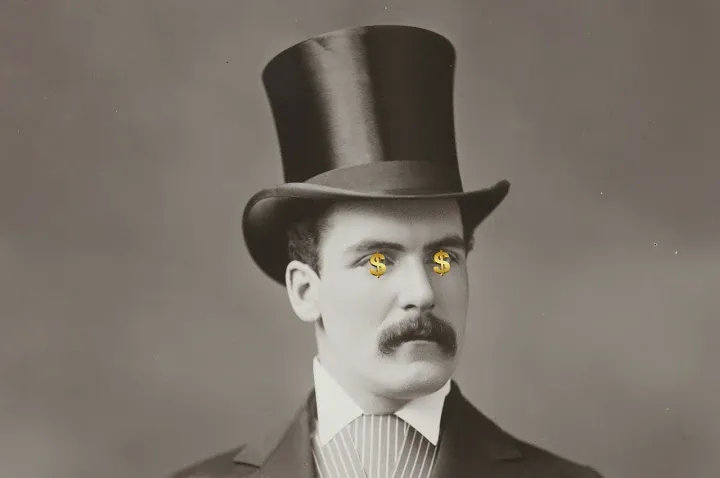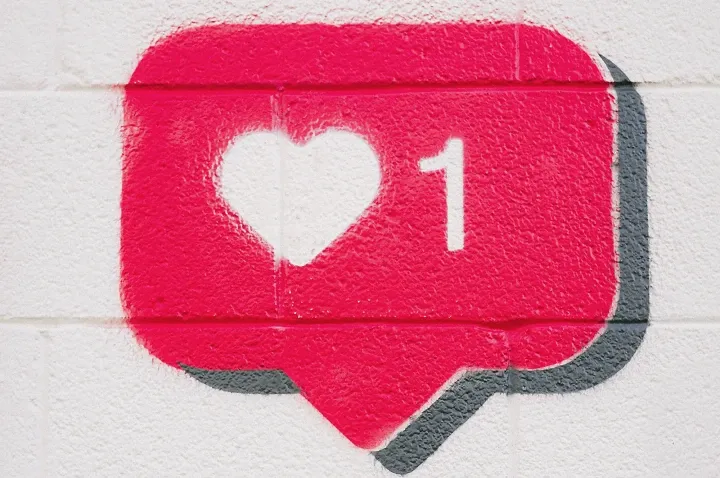Clever Marketing in 1880
This is another extract with a clever marketing story from P.T. Barnums book "The Art of Money Getting" from 1880.

"DON'T READ THE OTHER SIDE"
Of course I did, and so did everybody else, and I learned that the man had made all independence by first attracting the public to his business in that way and then using his customers well afterwards.
Genin, the hatter, bought the first Jenny Lind ticket at auction for two hundred and twenty-five dollars, because he knew it would be a good advertisement for him. "Who is the bidder?" said the auctioneer, as he knocked down that ticket at Castle Garden. "Genin, the hatter," was the response. Here were thousands of people from the Fifth avenue, and from distant cities in the highest stations in life. "Who is 'Genin,' the hatter?" they exclaimed. They had never heard of him before. The next morning the newspapers and telegraph had circulated the facts from Maine to Texas, and from five to ten millions off people had read that the tickets sold at auction For Jenny Lind's first concert amounted to about twenty thousand dollars, and that a single ticket was sold at two hundred and twenty-five dollars, to "Genin, the hatter." Men throughout the country involuntarily took off their hats to see if they had a "Genin" hat on their heads. At a town in Iowa it was found that in the crowd around the post office, there was one man who had a "Genin" hat, and he showed it in triumph, although it was worn out and not worth two cents. "Why," one man exclaimed, "you have a real 'Genin' hat; what a lucky fellow you are." Another man said, "Hang on to that hat, it will be a valuable heir-loom in your family." Still another man in the crowd who seemed to envy the possessor of this good fortune, said, "Come, give us all a chance; put it up at auction!" He did so, and it was sold as a keepsake for nine dollars and fifty cents! What was the consequence to Mr. Genin? He sold ten thousand extra hats per annum, the first six years. Nine-tenths of the purchasers bought of him, probably, out of curiosity, and many of them, finding that he gave them an equivalent for their money, became his regular customers. This novel advertisement first struck their attention, and then, as he made a good article, they came again.
Now I don't say that everybody should advertise as Mr. Genin did. But I say if a man has got goods for sale, and he don't advertise them in some way, the chances are that some day the sheriff will do it for him. Nor do I say that everybody must advertise in a newspaper, or indeed use "printers' ink" at all. On the contrary, although that article is indispensable in the majority of cases, yet doctors and clergymen, and sometimes lawyers and some others, can more effectually reach the public in some other manner. But it is obvious, they must be known in some way, else how could they be supported?




